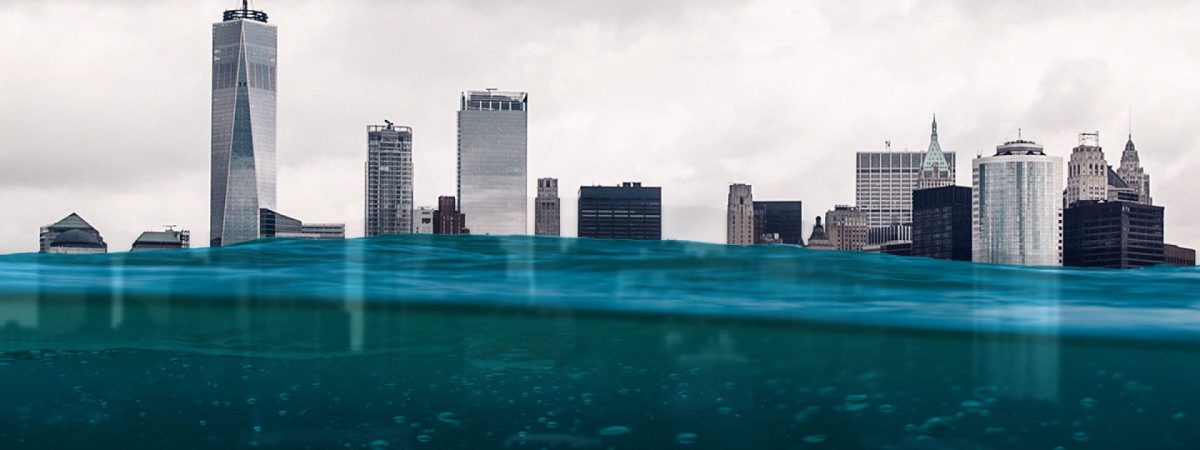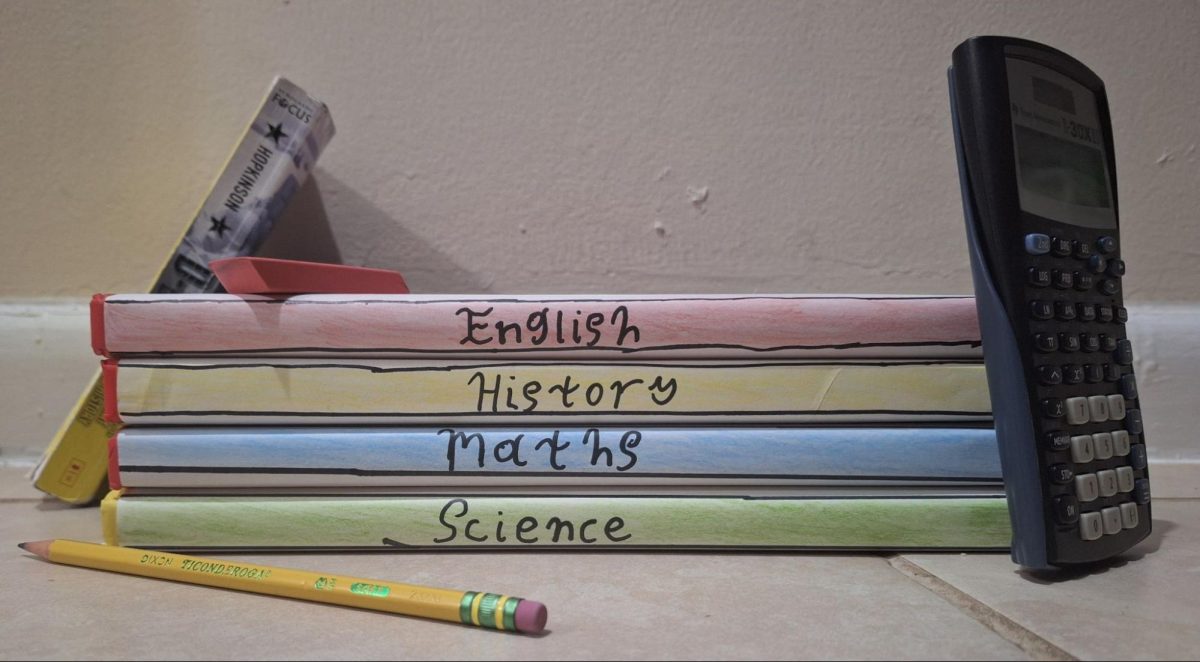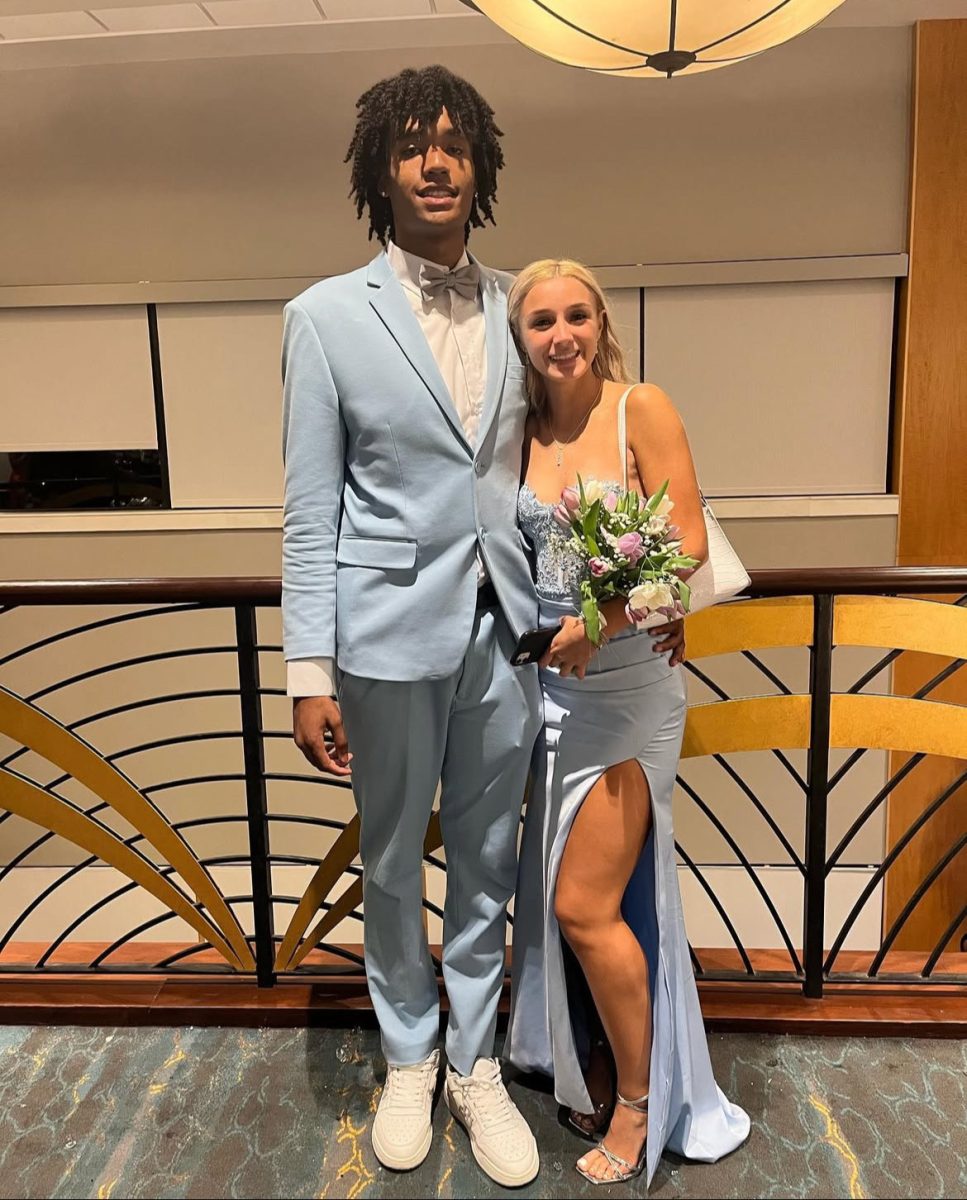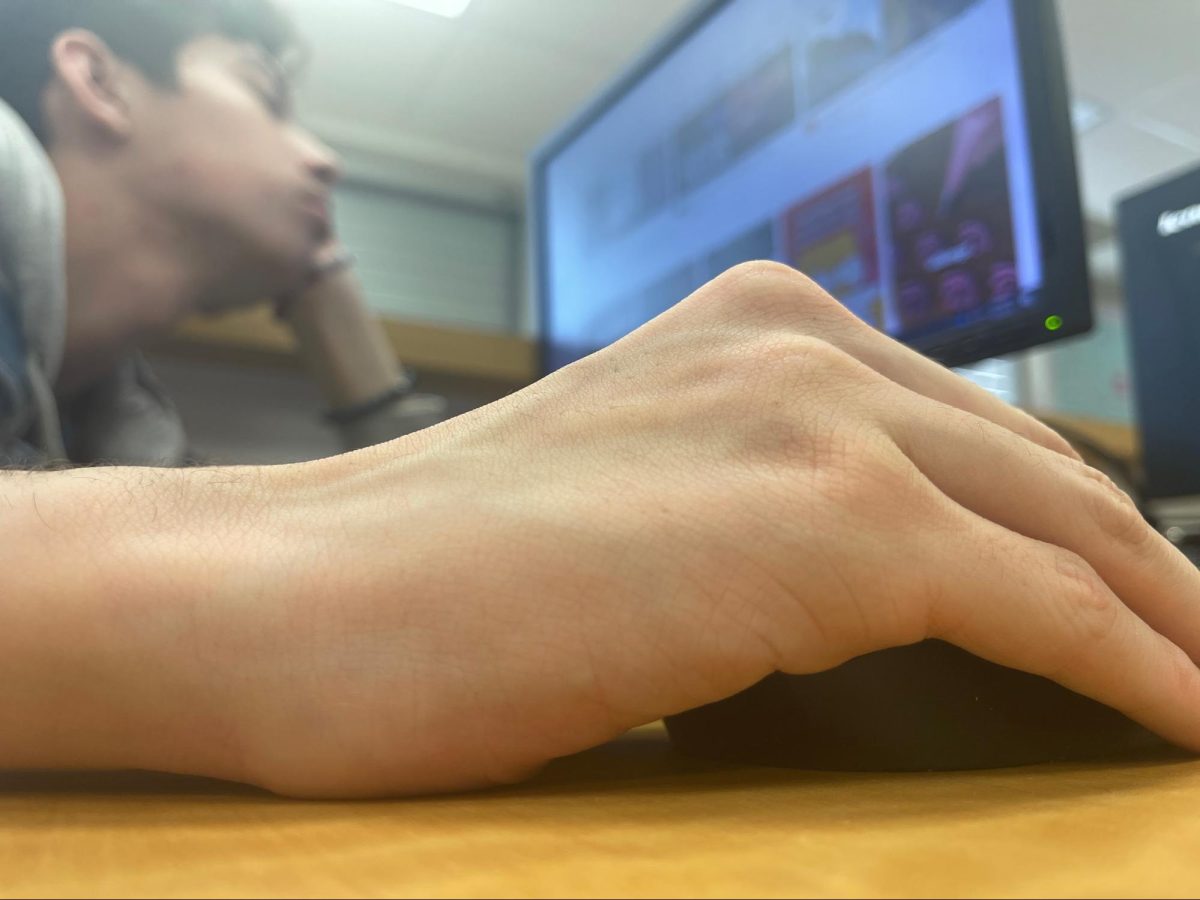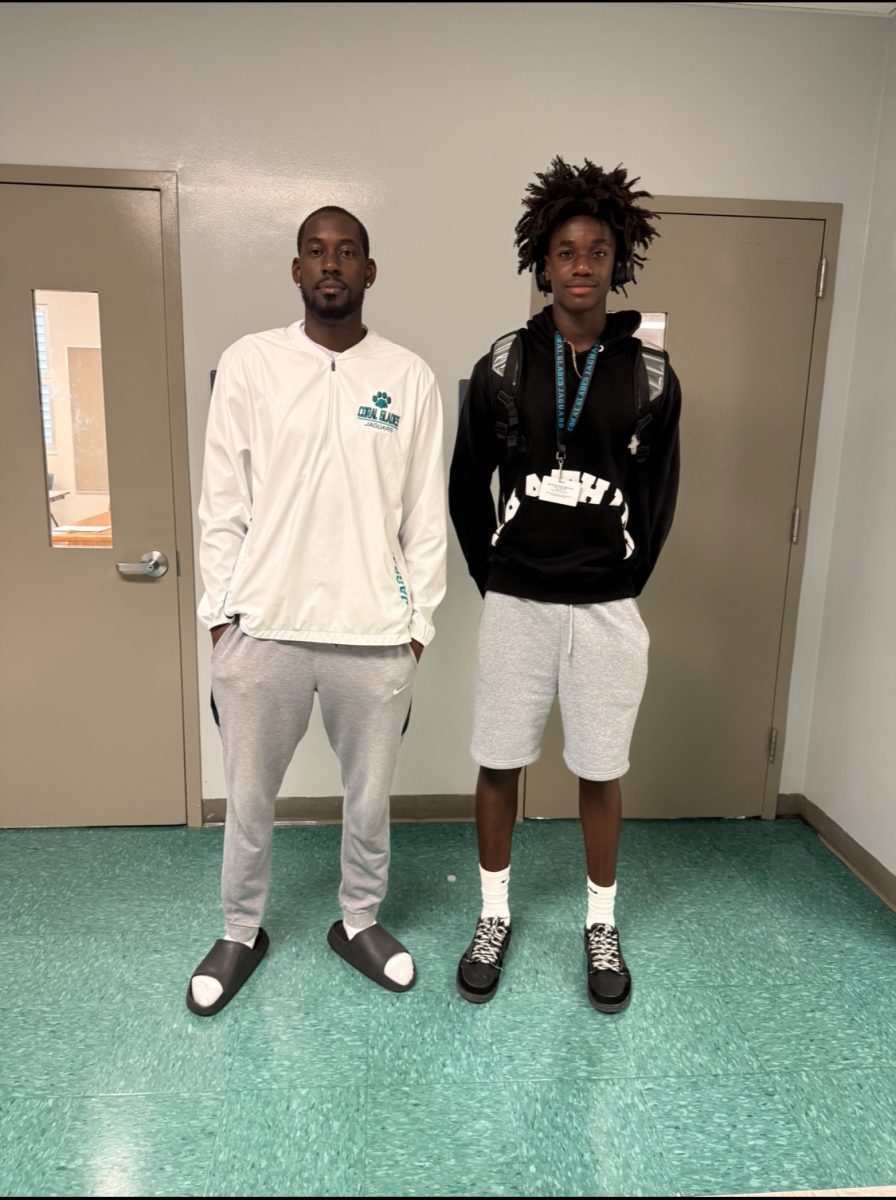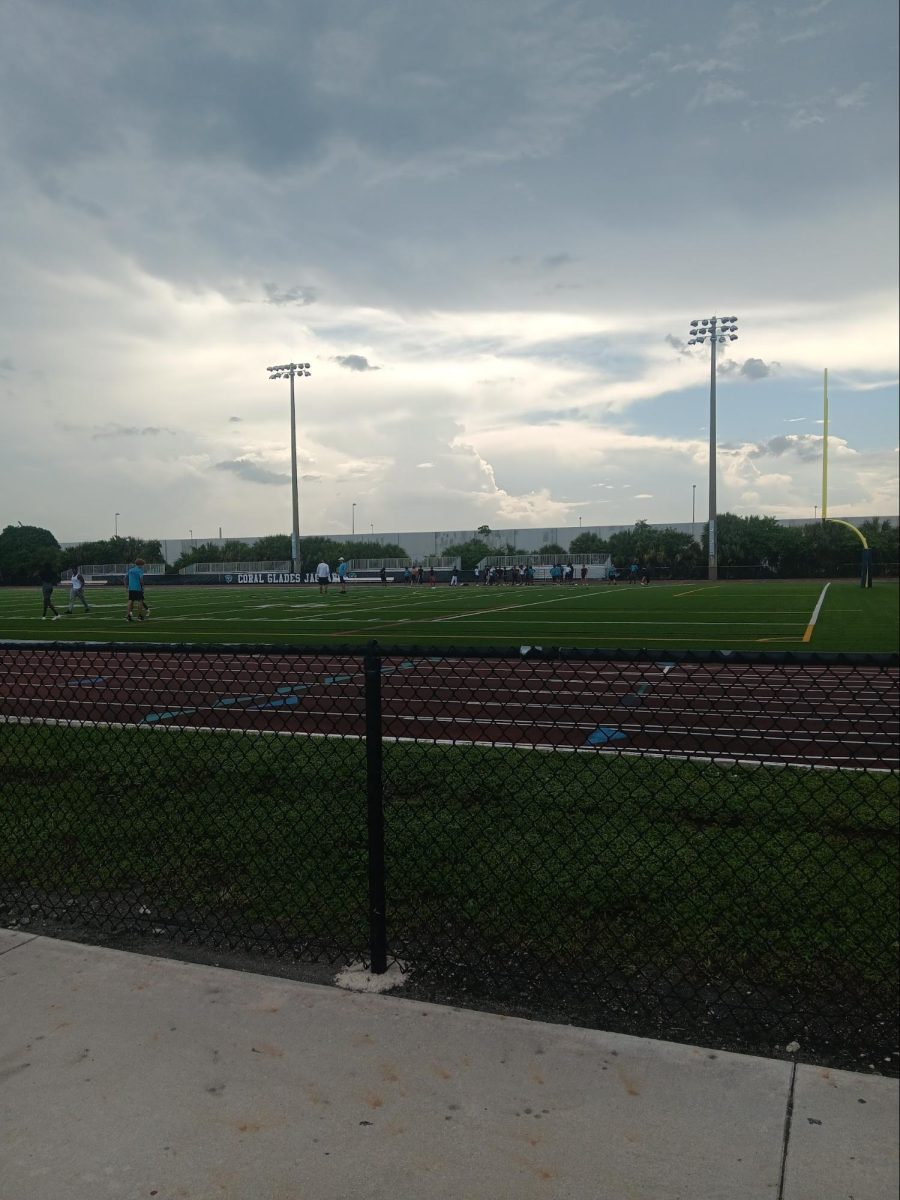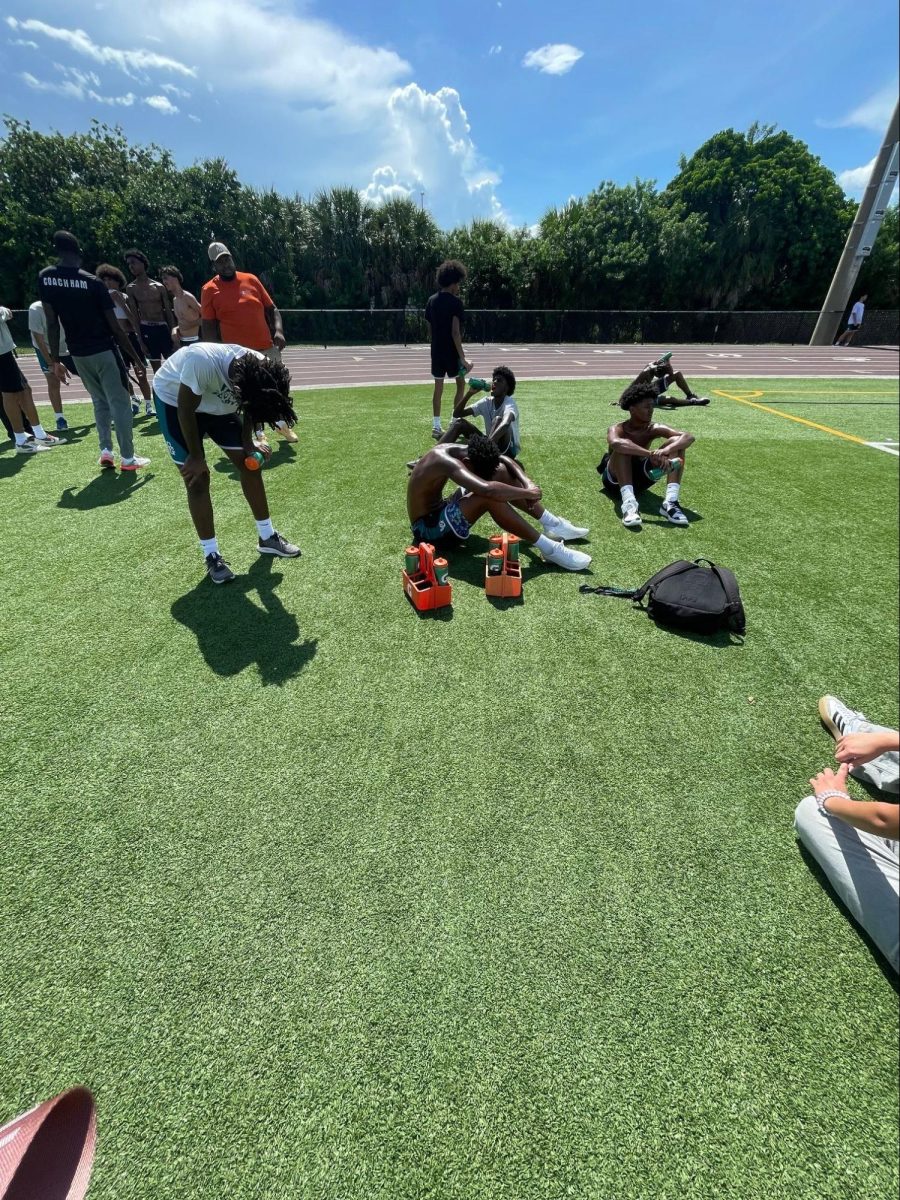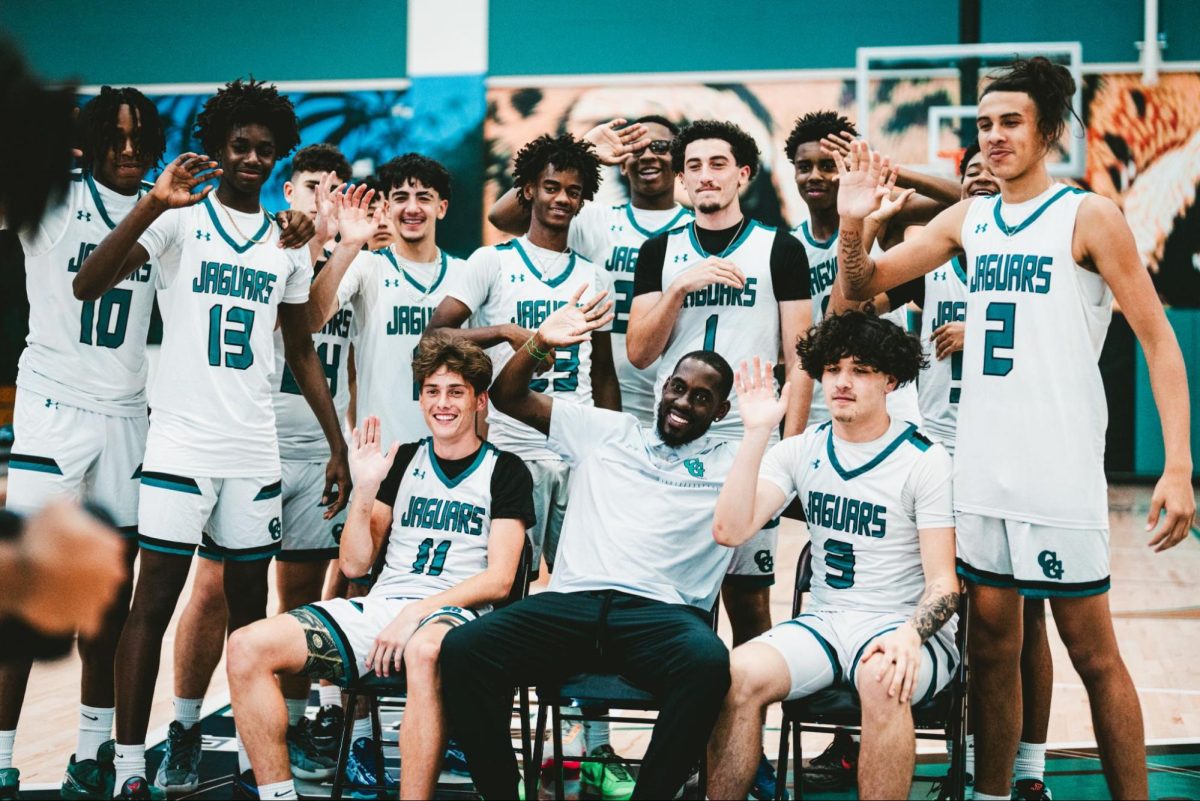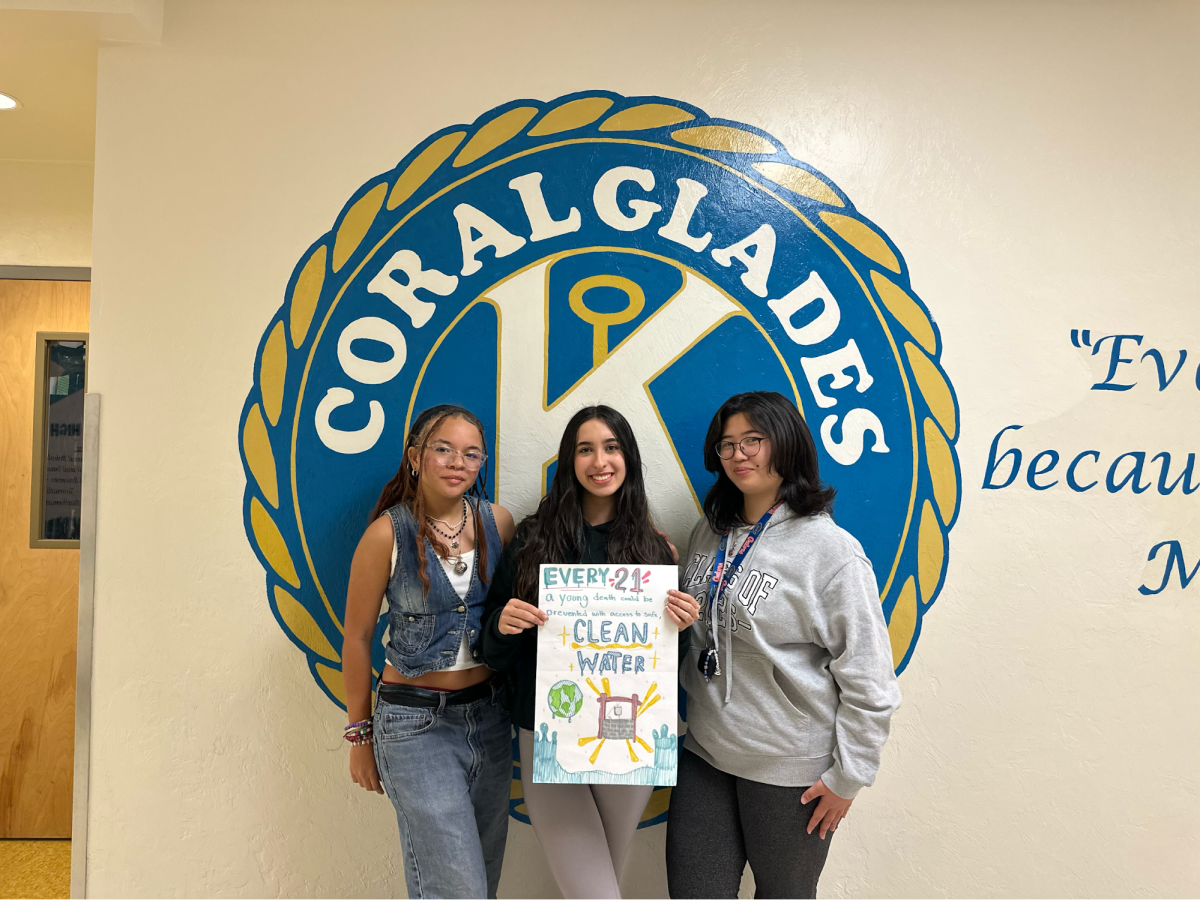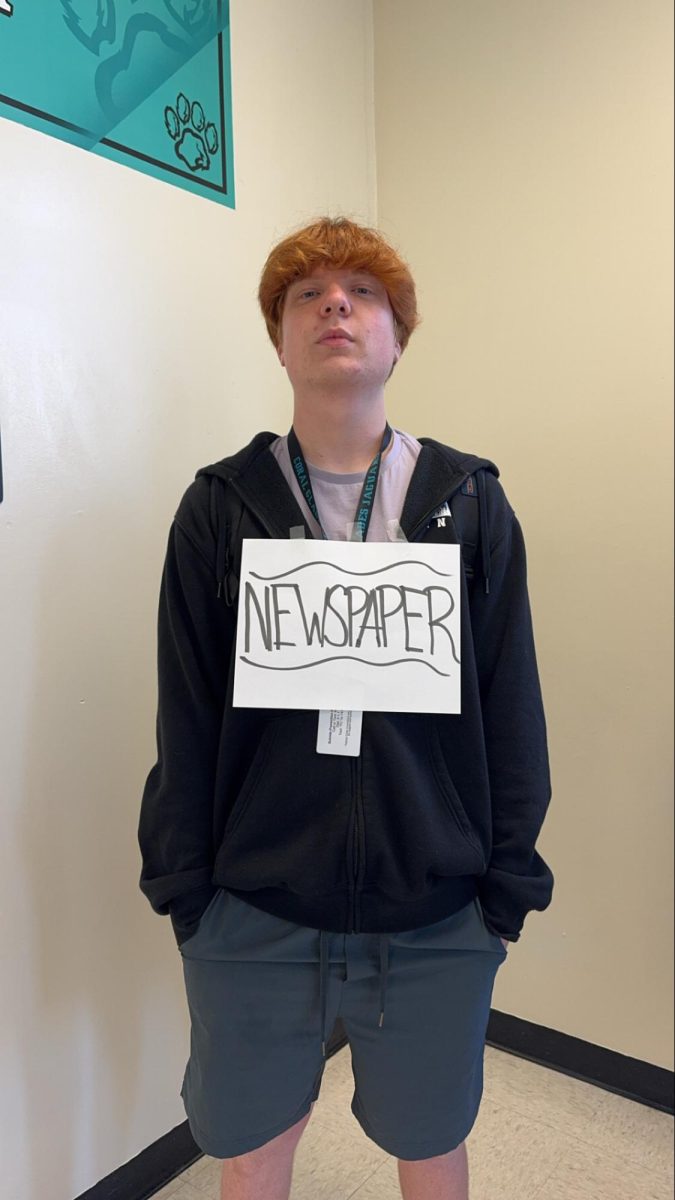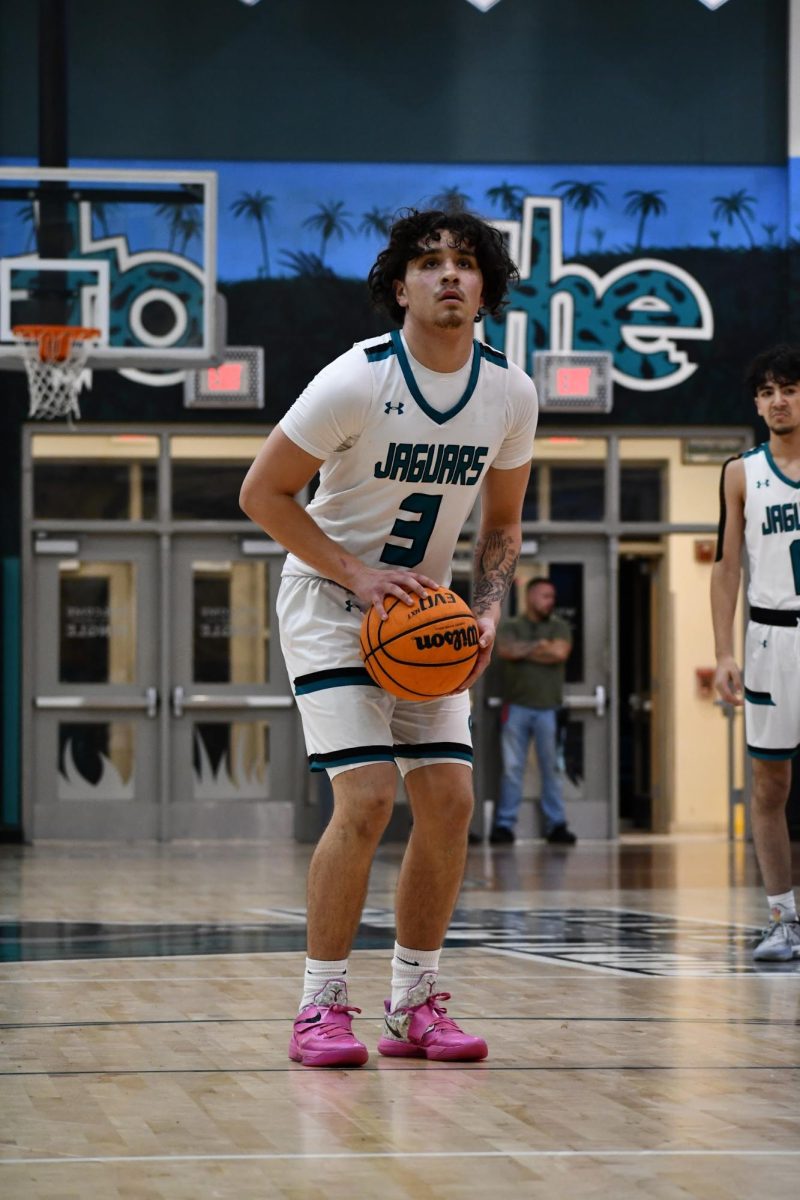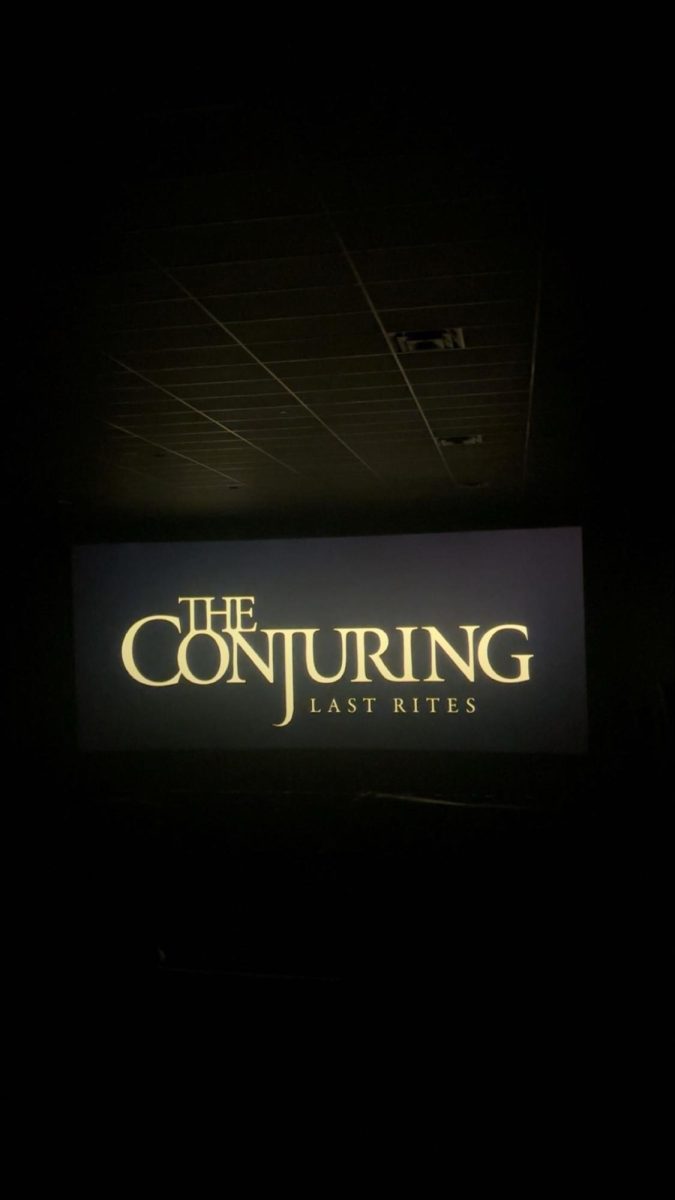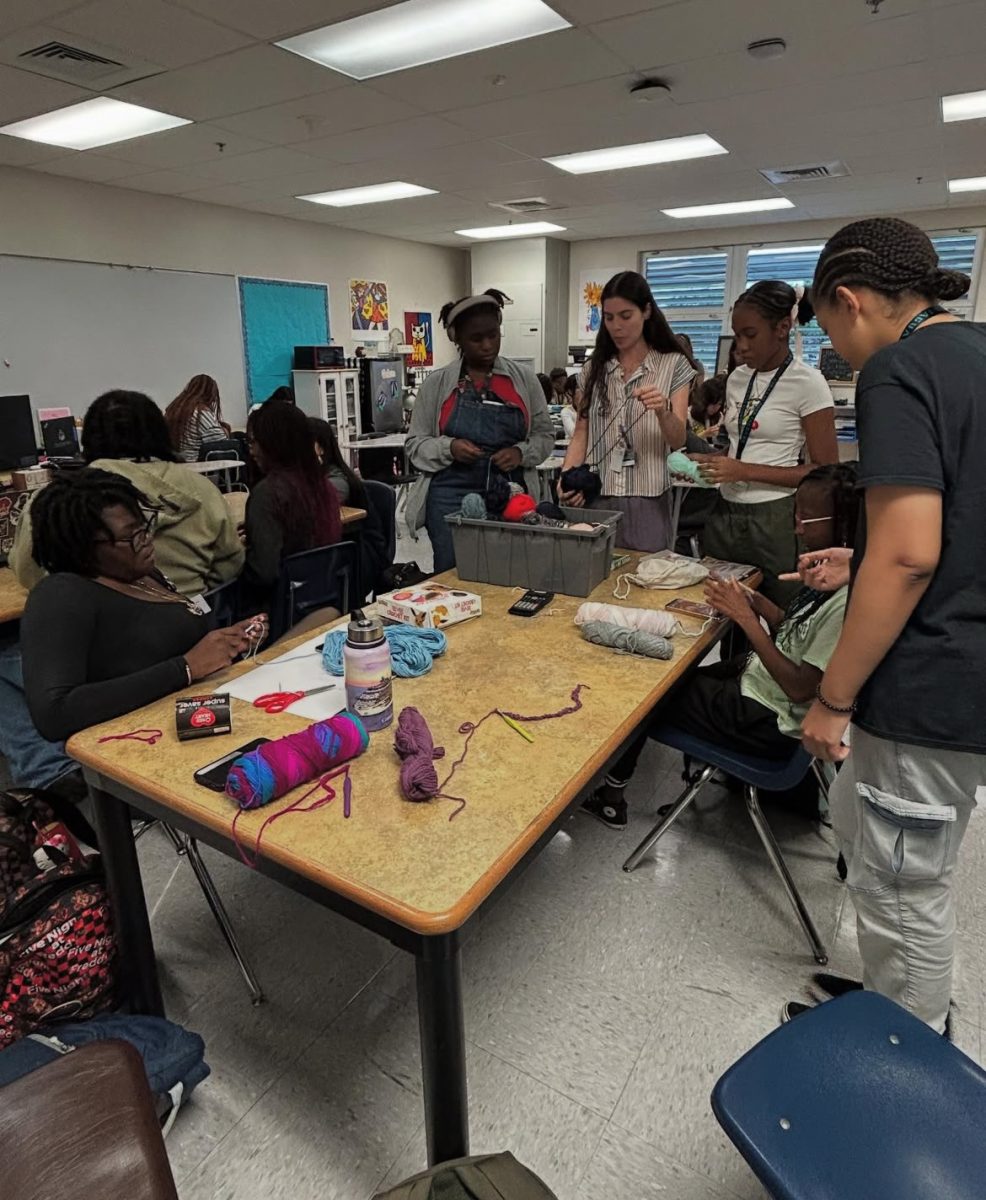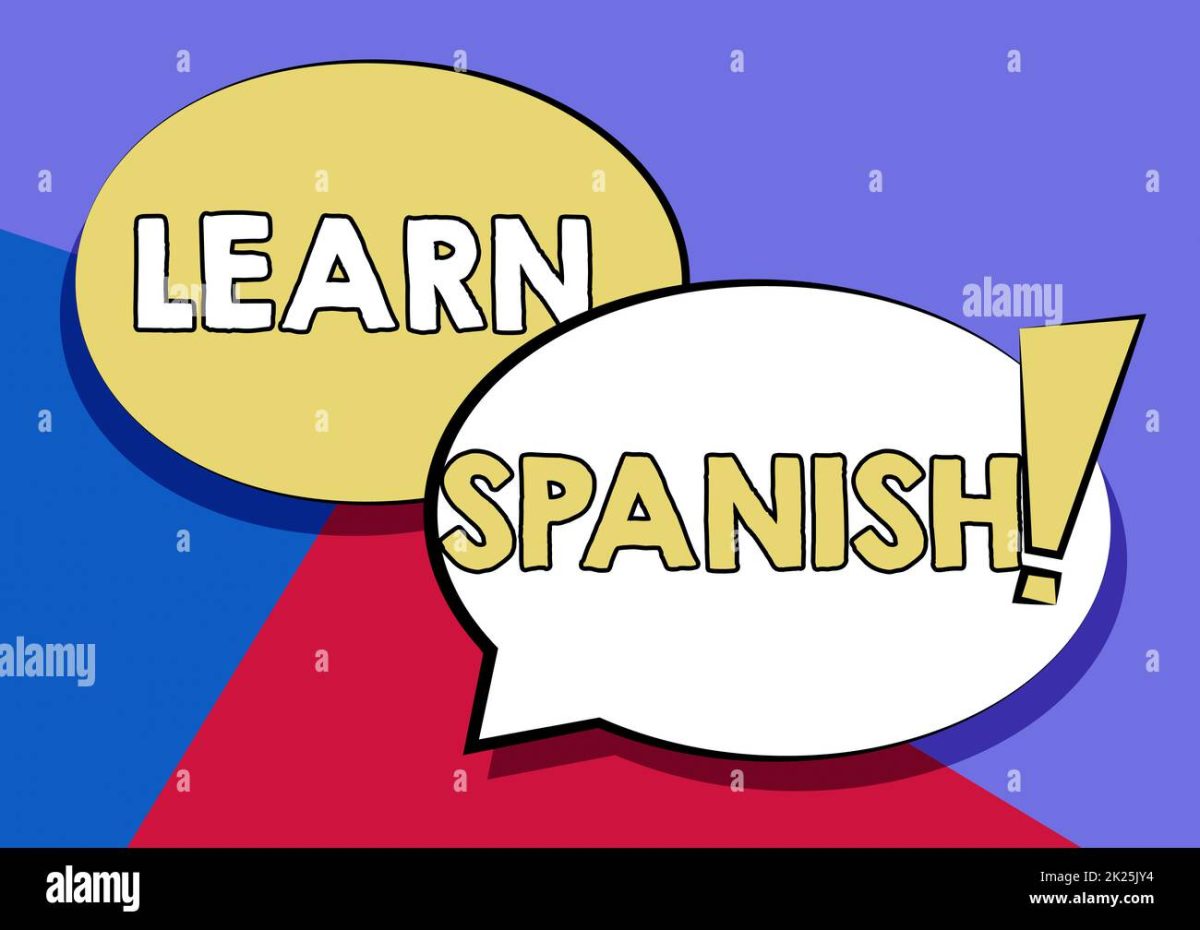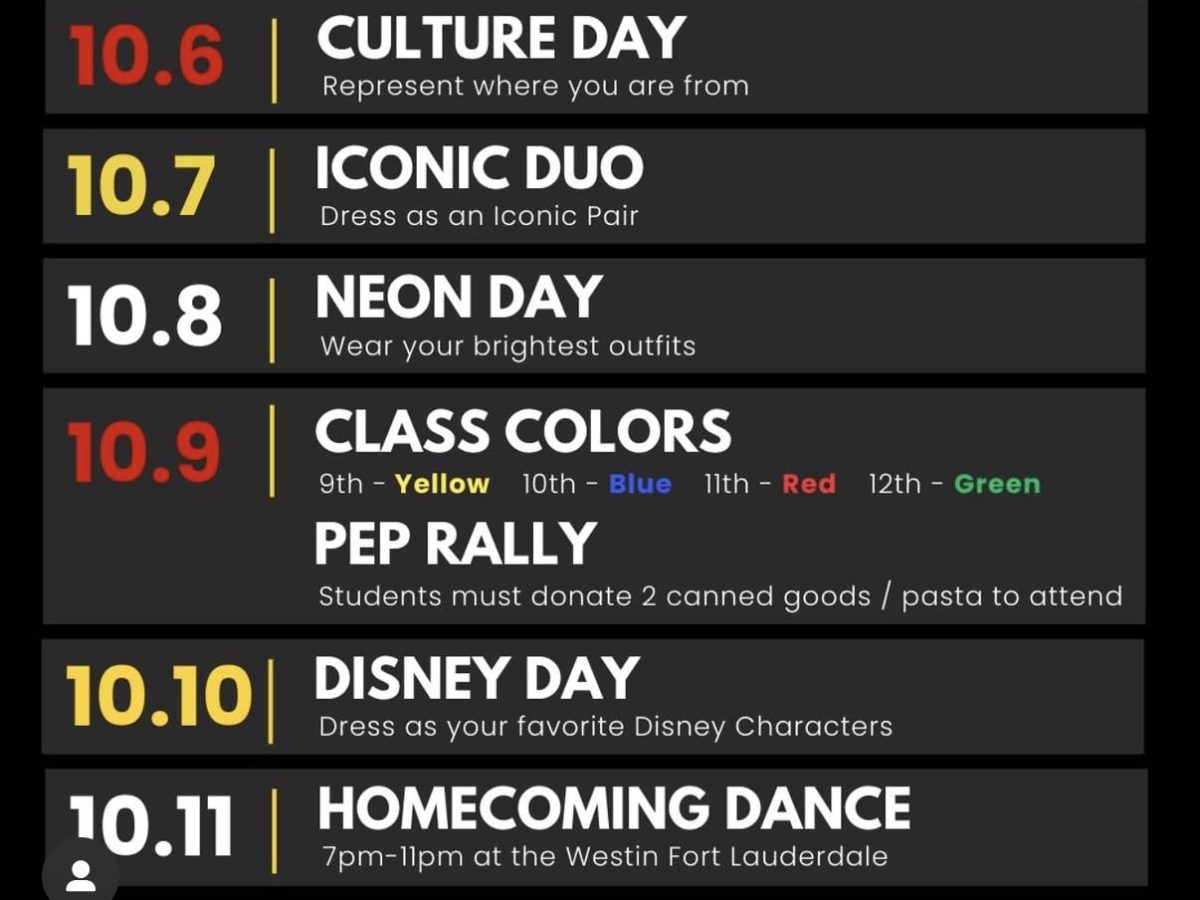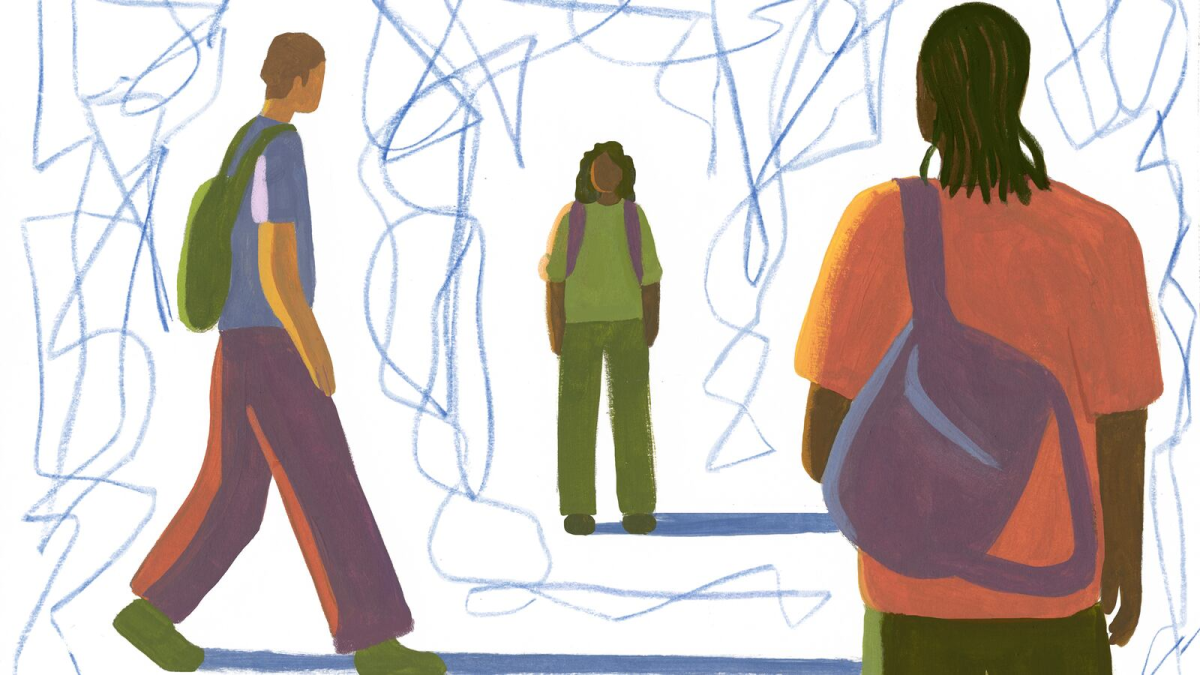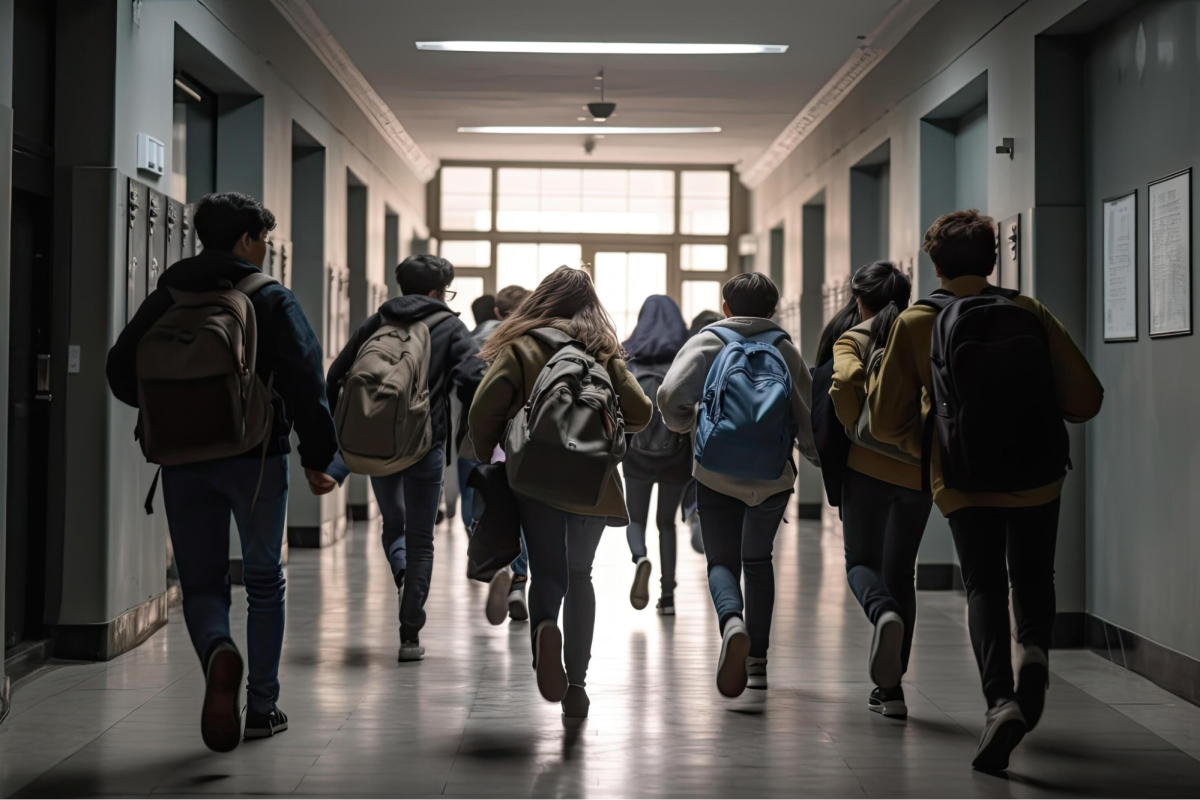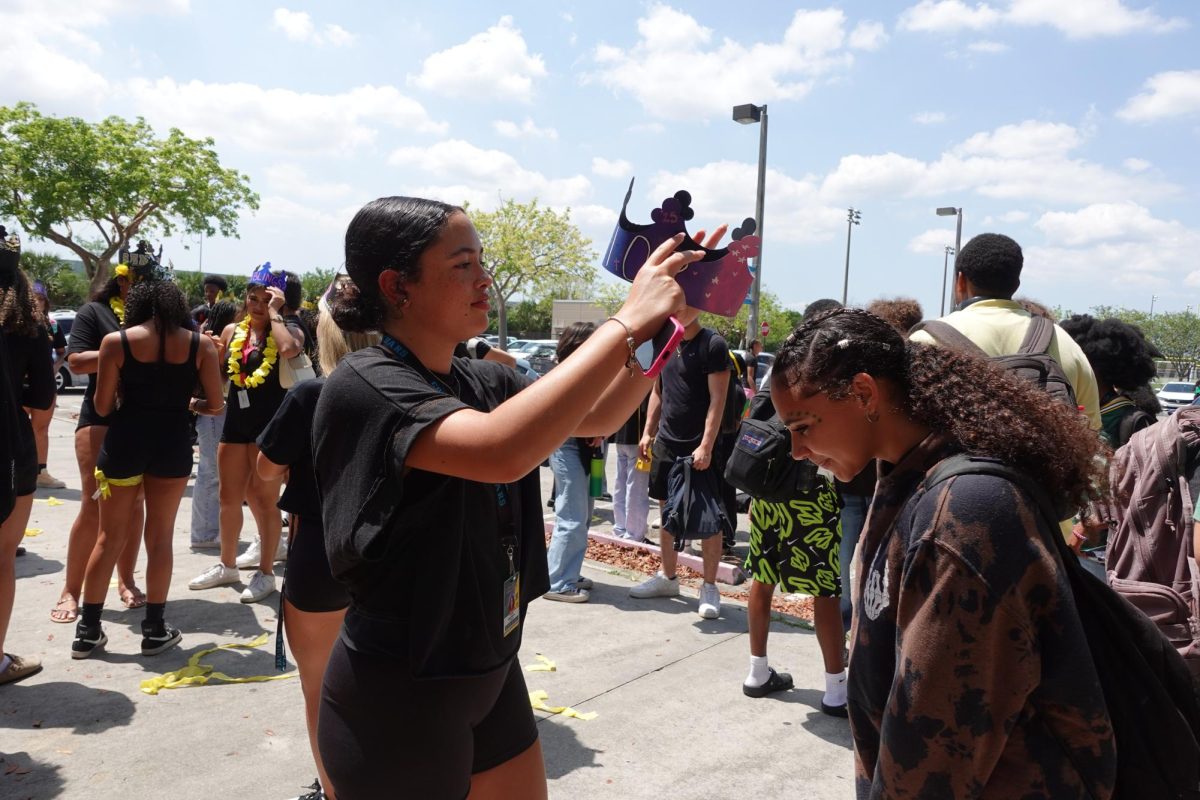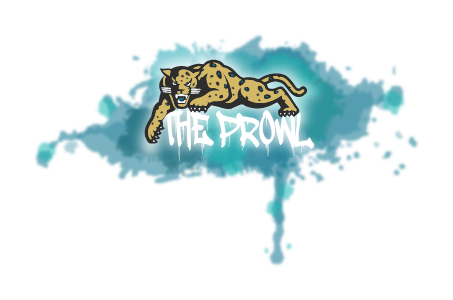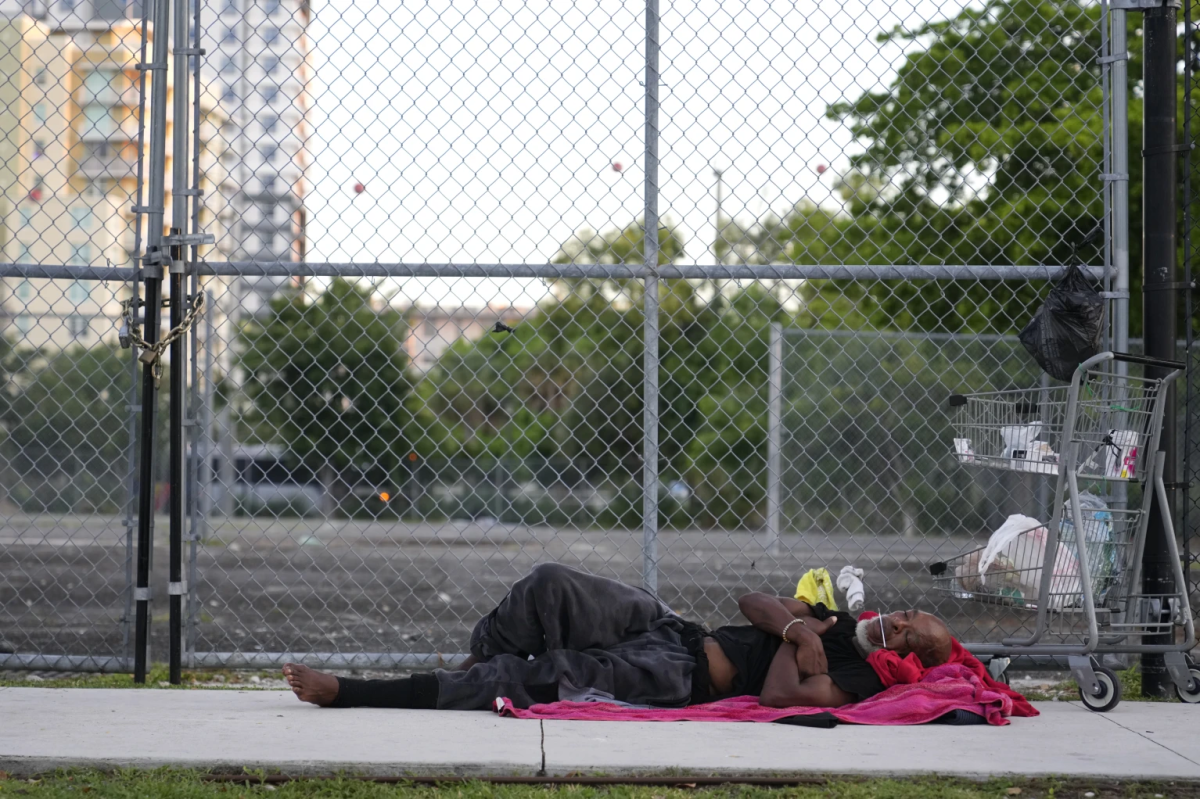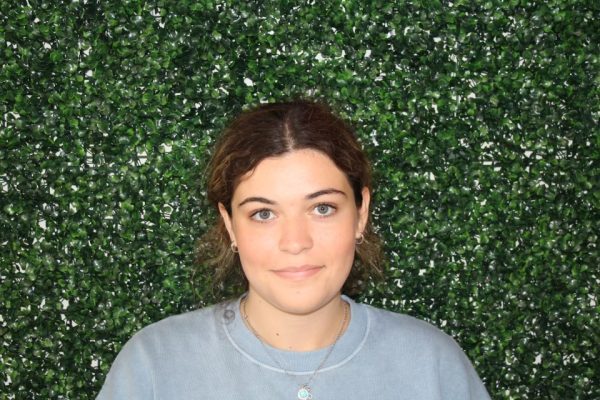As Florida’s homeless population nears 32,000 and with the third-highest unsheltered homeless population in all of America, Florida has officially banned sleeping in public places across Florida. Effectively being one of the strictest anti-homelessness measures in the nation.
“It’s an inhumane law.” Said Paris Crooks, a senior.
The bill, HB 1365, prohibits camping on streets, sidewalks, and parks. It only gives Florida 3 months to provide temporary shelter for over 50% of its homeless population.
“People not being allowed to sleep is unfair and selfish.” Said Mylo Mickle, a senior.” Considering that we are the ones that develop that system.”
In a 6-3 decision, the Florida court said regulations punishing those who sleep in public spaces like parks and streets are not deemed “cruel and unusual punishment.”
However, advocates say the scope of punishment goes beyond jail. An arrest record can make it harder for people to find jobs and shelter resulting in them right back on the street.
The state sent $30 million to help counties enact the law, but many officials say it’s not enough. The largest amount of money going to a county is about $600,000, the AP reported.
Florida’s high homeless rate is a result of multiple factors, but one is overwhelmingly apparent, Lack of affordable housing.
The average rent for a two-bedroom apartment in Orlando requires an hourly wage of over $21.08. The minimum wage in Florida is $12.00 per hour.
Florida is also the hurricane epicenter of the US. The most recent storm, Hurricane Helene, has delayed the enforcing of the ban, as the law includes exceptions during emergencies like major storms. Yet, these protections are lifted when the hurricane order is over.
FEMA has the primary responsibility of providing disaster relief and works with states and local communities to manage emergency shelters. However, FEMA won’t give housing assistance to those who are already homeless, as “Their need for housing was not caused by the disaster.”
The National Hurricane Center predicted the 2024 season could see up to 25 named storms. 8 to 15 could become hurricanes and 4 to 7 could become 4 to 5s.
So, this leaves the question. What do we do with 31,000 people?
The mayor of Pensacola, D.C. Reeves, announced that he planned to use $1 million in unrestricted American Rescue Plan Act funds to purchase semi-permanent shelters.
“Arresting our way out of homelessness is not going to solve our problem,” Reeves said.
This is not Florida’s first anti-homeless ordinance. The city of Fort Lauderdale was sued by the nonprofit Food Not Bombs in 2015 for banning feeding homeless people in public parks and faced another lawsuit in 2017 for clearing a downtown homeless encampment, which resulted in property being destroyed.

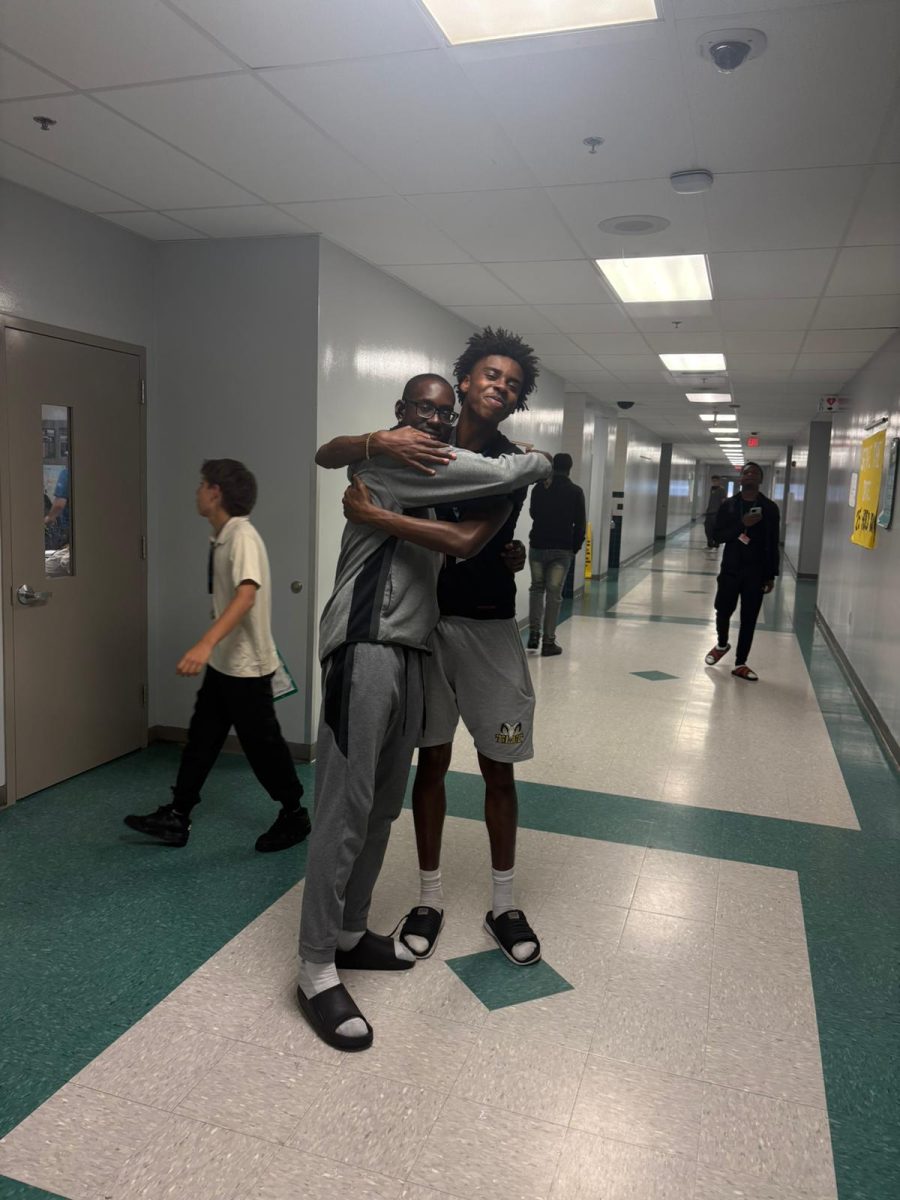


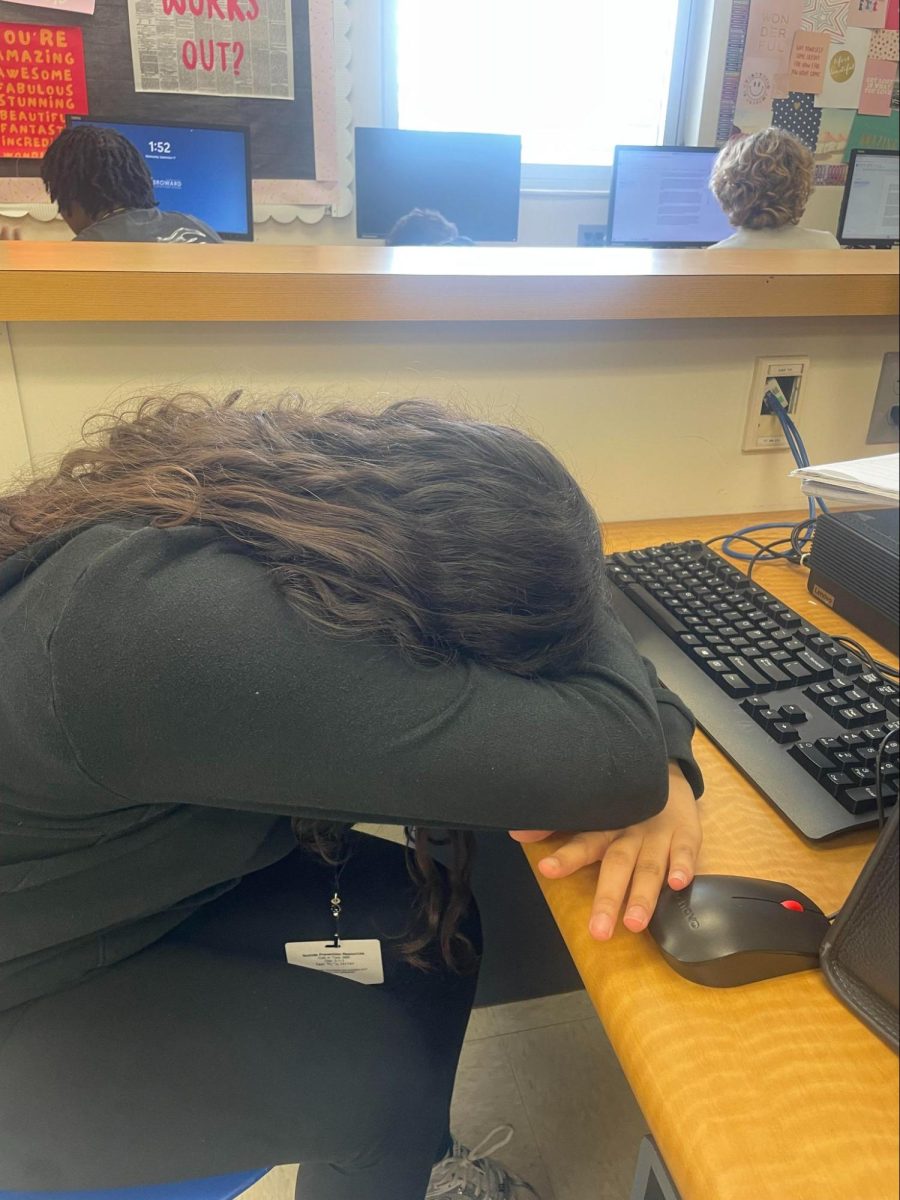


![[Photograph of an Italian sandwich] Photo Creds: https://www.thepioneerwoman.com/food-cooking/recipes/a42398453/italian-sandwich-recipe/](https://cghstheprowl.com/wp-content/uploads/2025/10/image1.png)




